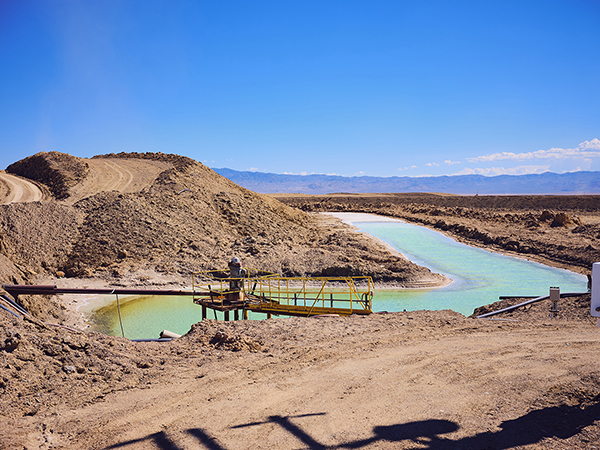Lithium-ion batteries are more efficient, higher energy density, weigh less and charge faster than lead batteries. However, they are more expensive and they contain flammable electrolyte. And are lithium-ion batteries enough sustainable, green and eco?
Admittedly, a lithium-ion battery is more environmentally friendly than a lead-acid battery. Lead batteries require larger raw materials during mining operations to achieve the same energy storage as lithium-ion batteries, which has a negative impact on the environment. The leading processing unit also uses large amounts of energy which leads to enormous amounts of pollution.
But lithium-ion batteries are not completely environmentally friendly either. Aluminum, copper, iron ore and lithium carbonate must be mined to produce lithium-ion batteries, which adversely affects the environment.
In addition, a lot of water is used to extract lithium (almost 1.9 million liters per tons of lithium). It may seem ok in a country like Sweden that has great access to water, but in countries where lithium is processed, water is a scarce commodity shared by the country’s farmers. During the process, there is also a risk of toxic metals leaking which is poisonous for fish and plants *¹.
So think about whether lithium-ion batteries are really the right one for your product or business. Although the environmental aspect is important, there is a risk of explosion with a lithium-ion battery.
*¹ The Environmental Impact of Lithium Batteries – IER (instituteforenergyresearch.org)

Comments are closed